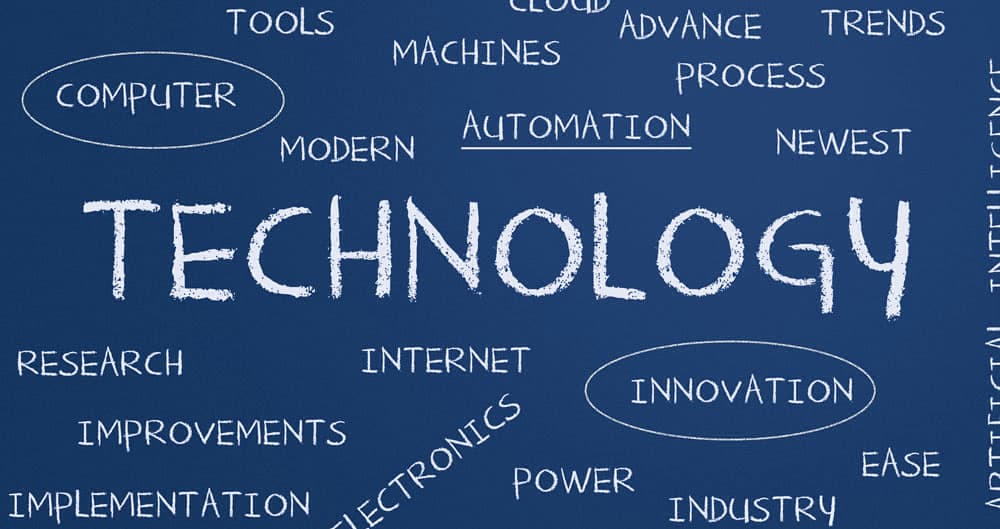By Sana Khan, commercial contracts attorney at Arista Networks
The penultimate part of Sana Khan’s seven-part CSR series deals with companies donating technology, promoting worthy causes and offering disaster assistance as CSR initiatives.
Your large organisation may be well-equipped to provide CSR initiatives based on technology and education to all types of stakeholders. The business world is fast becoming entirely dependent on IT matters, and you can help ensure that people of all ages and backgrounds can be better trained and educated in handling key software and equipment.
Many large technology-based companies invest in providing free access to laptops, computers, and training in software (for example, Microsoft Word) to certain groups of stakeholders.
Sometimes these organisations can work independently or partner with different organisations to work together in providing technology and education to those who really need and could benefit from it: for example, partnering with a local school in a location where your organisation has a presence, or partnering with a competitor or another business to provide a certain aspect of the CSR initiative that you cannot.
You do not necessarily have to provide new equipment, but you can send out ex-display units, used laptops, computers, keyboards or any refurbished equipment: nobody will criticise you for this, provided that they work! This is also a way by which you can protect the environment by attempting to reuse, reduce and recycle waste, especially from equipment that can have a devastating impact on the environment given their largely disposable nature.
Many organisations such as Dell, Samsung, Apple, Cisco and Microsoft all actively implement CSR initiatives that combine technology assistance with education. Given the nature of their business, this kind of CSR initiative is an appropriate way of being socially responsible, and it is great for their commercial reputation.
Before you provide technology assistance you need to ensure that the equipment or software works efficiently and will not cause an injury – otherwise you may be liable for any personal injury arising from the use of your technology. This also explains why it is necessary for you to provide adequate training to complement the provision of the equipment, as you will be able to protect yourself from severe criticism if things go wrong.
After all, you are trying to do socially responsible acts but you cannot control all variables and equipment. The initiative will also be used as effective marketing, given that you are providing all-round assistance.
PROMOTING CAUSES
You can use powerful social media tools as well as the standard advertising tools available to you in promoting a particular issue. It is important to understand that through the promotion of key issues – for example, equality in the workplace and the prevention of child labour – you really are doing a socially responsible act, given that promoting them will entail the use of your organisation’s resources over and above what is legally required.
One issue with choosing a CSR initiative focused on the promotion of causes is that you are not likely to see an immediate positive impact (for more information on the key traits of successful CSR initiatives see my ebook).
Before you provide technology assistance you need to ensure that the equipment or software works efficiently and will not cause an injury – otherwise you may be liable for any personal injury arising from the use of your technology
However, it is hoped that through your initiative you will be increasing the scope of the positive impact indirectly through your advertising and awareness campaign. Such campaigns will support the particular issue that you are trying to promote and attract attention to it, therefore making it more popular.
Hopefully, through individual and collective efforts by those viewing your advertisements, there will be direct positive change introduced. As they say, slow and steady wins the race – or in terms of CSR, slow and steady promotes and creates a sustainable CSR initiative.
With the growth of social media, in many cases it has become more powerful than advertisements on standard media such as TV, newspapers and billboards.
Many businesses, regardless of size, already have some sort of social media presence such as Facebook, Twitter, Instagram, LinkedIn and YouTube. Opening accounts with these social media sites is free, thus giving your organisation better tools with which to promote its activities both in terms of CSR and commercially to a wider audience.
In order to gain momentum for their own particular advertisements, organisations are also trying to advertise – whether commercially or through the promotion of a social cause – on pre-existing social media sites that often attract a large number of hits.
YouTube is useful for this, as you can pay existing YouTube channels for advertisement slots before the uploaded YouTube video begins. You can pay more for the promotion of your cause on YouTube channels by requiring that the advertisement cannot be skipped until completed, as most advertisements allow you to skip the advertisement after a few seconds into it.
Two things to keep in mind when basing your CSR initiative on the promotion of causes are to pick a cause that is relevant to your organisation, and to ensure that your organisation does not have any policies, procedures or practices that go against the root of what you are promoting. Otherwise you will open yourself to criticism, which defeats the purpose of your CSR initiative.
PROMPT DISASTER ASSISTANCE
There are always communities that need prompt assistance as a result of a natural disaster, an act of terror, war, disease and so on. Your large organisation is likely to have offices, employees and partner businesses working in many jurisdictions, placing you in an ideal position to be able to provide prompt disaster assistance.
Creating disaster packages containing necessities such as blankets, medicine, bandages and urgent food supplies ready for dispatch is one of the key ways your organisation can have an immediate positive impact and save lives.
Your prompt assistance may raise the ambition of your competitors and other organisations to do similarly in the provision of disaster assistance – after all, many large organisations often have more resources available to them than some of the world’s poorest states.
Two things to keep in mind when basing your CSR initiative on the promotion of causes are to pick a cause that is relevant to your organisation, and to ensure that your organisation does not have any policies, procedures or practices that go against the root of what you are promoting
Another way through which your large organisation can provide aid to areas and communities that need it more – especially as a result of a disaster – is to engage with your customers/clients and any other external partners.
Request them to add a token amount to each purchase, however small, whether it is 1c or €1: everything makes a difference collectively. You can go further by stating that you will match the contribution donated; this will likely increase the potential for others to donate through their interaction with your organisation.
Through involving others in your disaster assistance, additional benefits can be provided from your CSR initiative. For example, it increases the level of resources made available to assist disaster-stricken areas and communities, it develops a sense of community effort with your external stakeholders including customers and clients, it highlights the collective strength of CSR at its best, and – crucially – it delivers assistance to communities that need it most, often at a faster speed than public and governmental agencies as there are fewer bureaucratic procedures to go through.
Finally, it is important to note that you should do your best – after all, this is a voluntary initiative.
Useful points to keep in mind if your organisation is to implement disaster assistance CSR initiatives:
- Organisations such as Sony, Mitsubishi, Yum!, Dell and Microsoft are particularly good at CSR initiatives involving disaster assistance, and are also particularly good at highlighting the assistance and its impact. It is highly recommended to examine the CSR initiatives of these organisations if your own organisation is to implement a similar initiative.
- Review and understand the various issues affecting disaster assistance by obtaining relevant background information. Carry out assessments as to what is actually needed and see what other organisations, agencies and governments have been doing.
- Provide your assistance either directly or through established and credible organisations located in the area of the disaster. While new and start-up charities have the best of intentions to provide assistance, they are also on a learning curve in dealing with communities in disaster situations. This lack of experience may prove costly and affect the level of positive impact that is possible – or worse still, the organisation might have been set up solely for fraudulent purposes.
- If you are donating cash, most organisations based in the non-profit sector are willing to accept it as it gives them flexibility in deciding what to products are needed most in the communities in which they are serving. However, if your organisation wishes to donate products, www.giftsinkind.org is a reputable organisation through which to provide assistance by means of products.
Part one: Thinking about CSR in a new light
Part two: Building a community around your business with CSR
Part three: CSR, the environment and your business
Part four: How workplace CSR can help human rights
Part five: Crowdsourcing your CSR ideas
Part seven: CSR, entrepreneurship and medical aid
About the blogger
 Irish barrister Sana Khan is commercial contracts attorney at Arista Networks, education programme director for the Irish Chapter of Association of Certified Anti-Money Laundering Specialists (ACAMS) and a lecturer on corporate governance at Griffith College Dublin.
Irish barrister Sana Khan is commercial contracts attorney at Arista Networks, education programme director for the Irish Chapter of Association of Certified Anti-Money Laundering Specialists (ACAMS) and a lecturer on corporate governance at Griffith College Dublin.
She provides innovative CSR initiatives that can be implemented by large organisations and has released an ebook on the subject matter of Business Social Responsibility: CSR for SMEs.
Sana can be reached by email with any queries.



